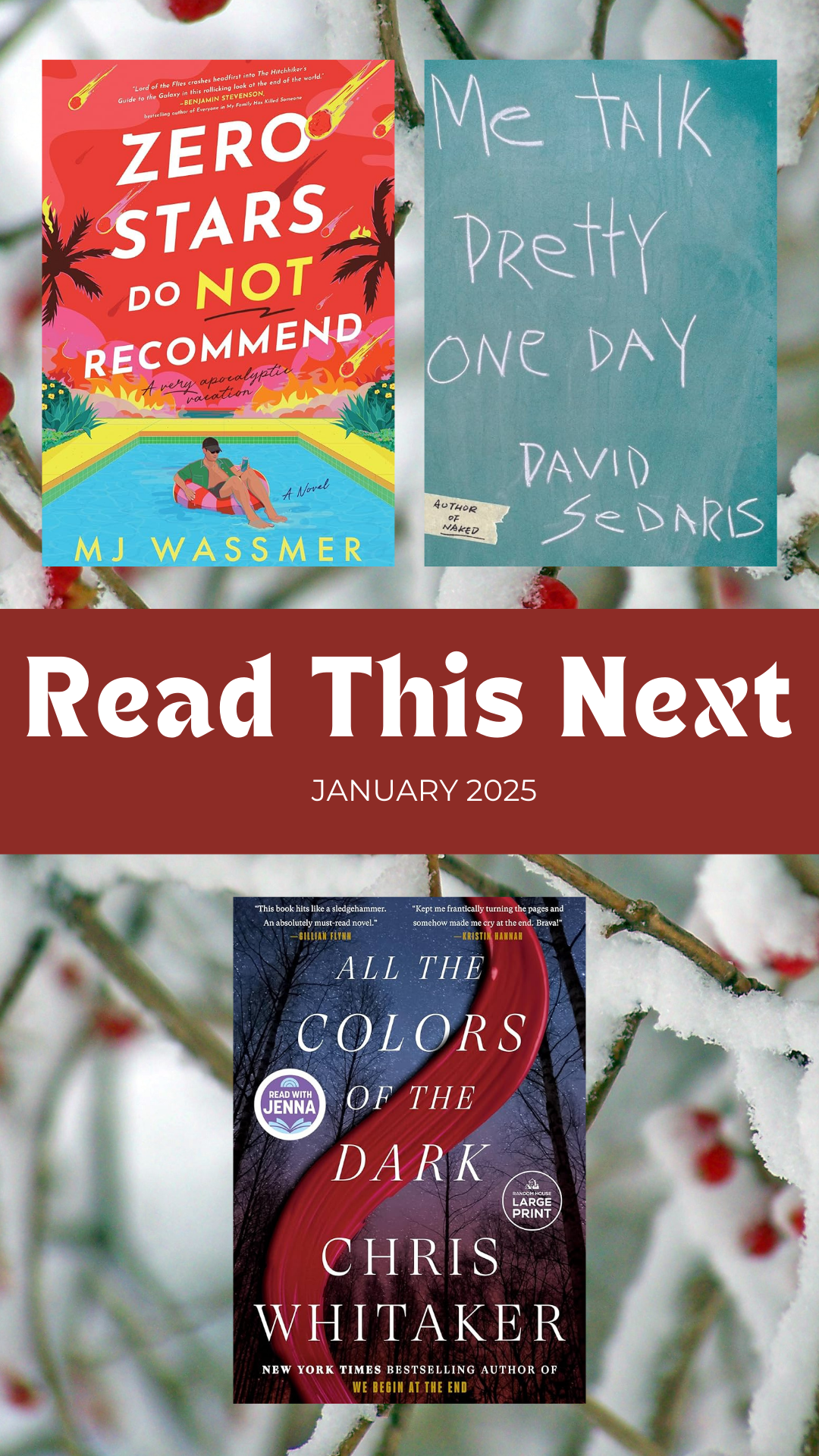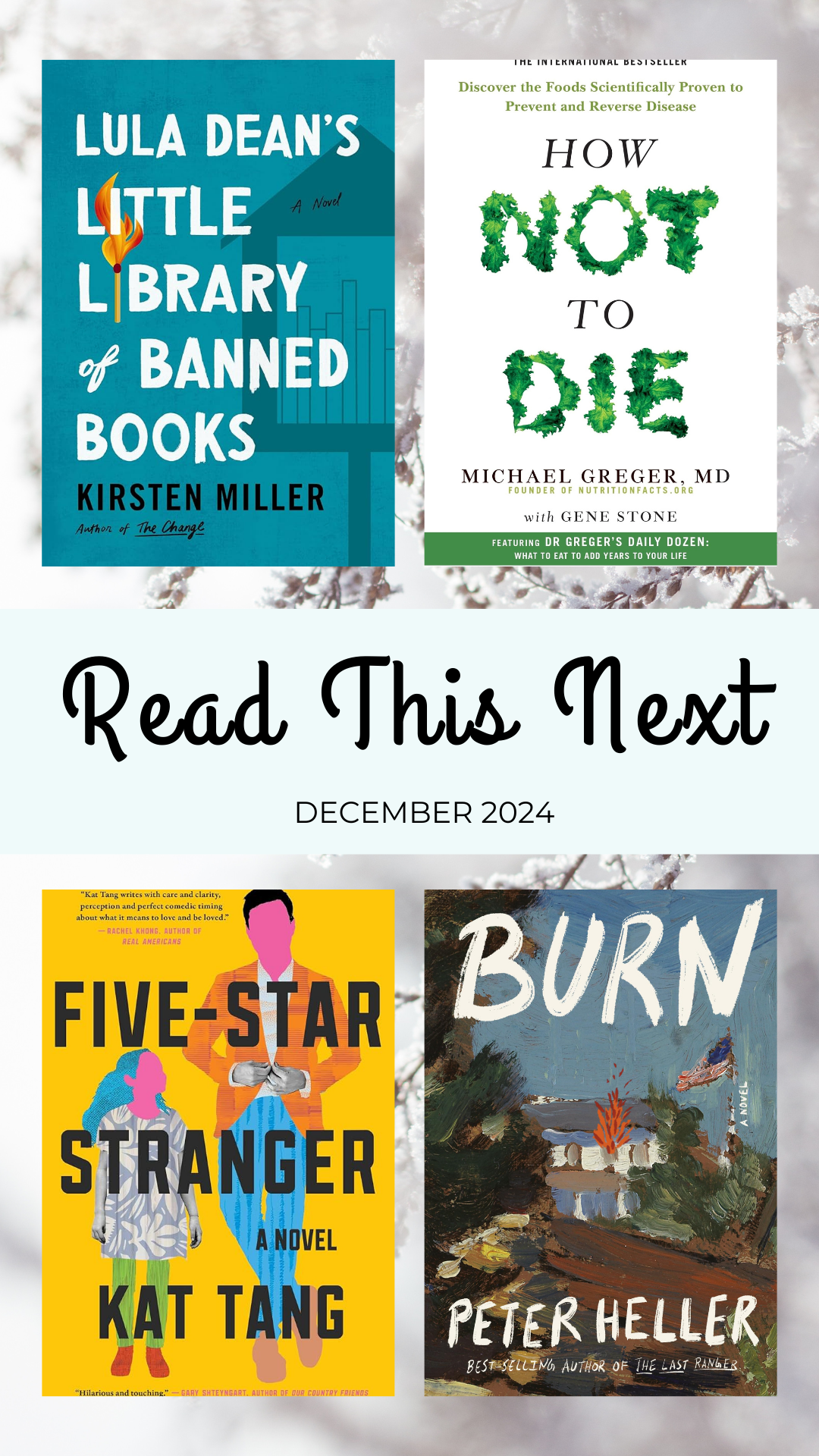What I Read — August 2023
It’s time yet again for the monthly book blog! I know you were thinking I may miss this month, but after a 10-day journey along Iceland's Ring Road, I’m back with some new recommendations. As usual, the genres are all over the place, from understanding our modern food chain to a gripping historical fiction based on true events. But, before we dive into this eclectic mix of reads, I must confess that I don't have any witchy books to recommend this month. However, rest assured that as September and October approach, the season will surely conjure up a slew of magical reads. Grab your favorite fall beverage, even if the weather isn’t totally spooky just yet, and let's journey through these literary landscapes together!
The Omnivore's Dilemma: A Natural History of Four Meals
Michael Pollan
Stats: Nonfiction, 15 hours and 58 minutes
Quick summary
On a journey to understand where his food comes from, Pollan examines the modern food chain in four different sectors: industrial, organic industrial, local organic, and hunter-gather. At the beginning of each section, he consumes or prepares a meal that embodies the essence of that particular chain.
What I thought:
I love how Pollan writes, as I discovered while reading How to Change Your Mind. Like Pollan, I think it’s important to understand where our food comes from and how modern convenience often comes at the cost of our health and our planet (this is a big reason why I switched to a flexatarian diet). Overall, I wasn’t shocked by the portions on industrial and organic industrial farming since I’ve watched Rotten on Netflix, which I also highly recommend. While reading the book the dilemma may feel hopeless, which is why I particularly enjoyed the omnivore’s solution and the 12 food rules at the end of the book.
Who should read it:
People who don’t know where their food comes from. Ignorance is not bliss.
The House is On Fire
Rachael Beanland
Stats: Historical Fiction, 384 pages
Quick summary
Inspired by the Richmond Theatre fire of 1811, The House is on Fire is a historical fiction about a real event told from the perspective of four different characters on the night of the fire and the several days after: Sally, a white woman seated in the balcony; Cecily, a slave girl in the colored gallery who accompanied her young mistress to the play; Jack, the young and inexperienced stagehand; and Gilbert, a slave blacksmith dreaming of a life of freedom for him and his wife.
What I thought:
Utterly gripping. I’m not sure if all of the main characters were based on real people, though I know Gilbert definitely was. The fire happens fairly early in the book, which allows the narrative to explore more transcendent topics like slavery and women’s oppression in the aftermath.
Who should read it:
I feel like this one may be up for book of the year (it was published in April 2023), so you should probably jump on it before it wins all of the awards.
How to Do The Work
Nicole lepera
Stats: Psychology, 8 hours and 28 minutes
Quick summary
As with other books addressing childhood trauma, How to Do the Work gives the reader the tools to work through their trauma, forging new, healthier neural networks.
What I thought:
What I loved the most about this book were the journal prompts. Sometimes it’s easy to get stuck in recognizing parts of your childhood that weren’t particularly healthy, but not really knowing how to right the wrongs.
Who should read it:
The usual list of characters: people dealing with conflict avoidance, people pleasers, perfectionists, people with anger issues, people with avoidant relationships, people in clingy relationships, and more.
THE Housekeepers
Alex Hay
Stats: History Fiction, 320 pages
Quick summary
Billed as Ocean’s 11 with an all female cast, The Housekeepers follows Mrs. King, a housekeeper for the de Vries family after she is unceremoniously let go weeks before the giant ball she has been helping the mistress plan. With a crew of former housekeepers, Mrs. King plots her revenge, aiming to take every last item in the house during the big night.
What I thought:
This fell flat. The character development was non-existent and felt like it dragged on. This was also supposed to be set in the early 1900s, but it definitely felt like it was taking place in the earlier Victorian era.
Who should read it:
It was fine, but I can’t think of who I would recommend it to.







February’s reading list took me on a wild ride—from a darkly funny thriller that had me hooked to a self-help book that felt like a much-needed reset. Whether you’re looking for a binge-worthy read or something more reflective, check out my latest book reviews and recommendations!